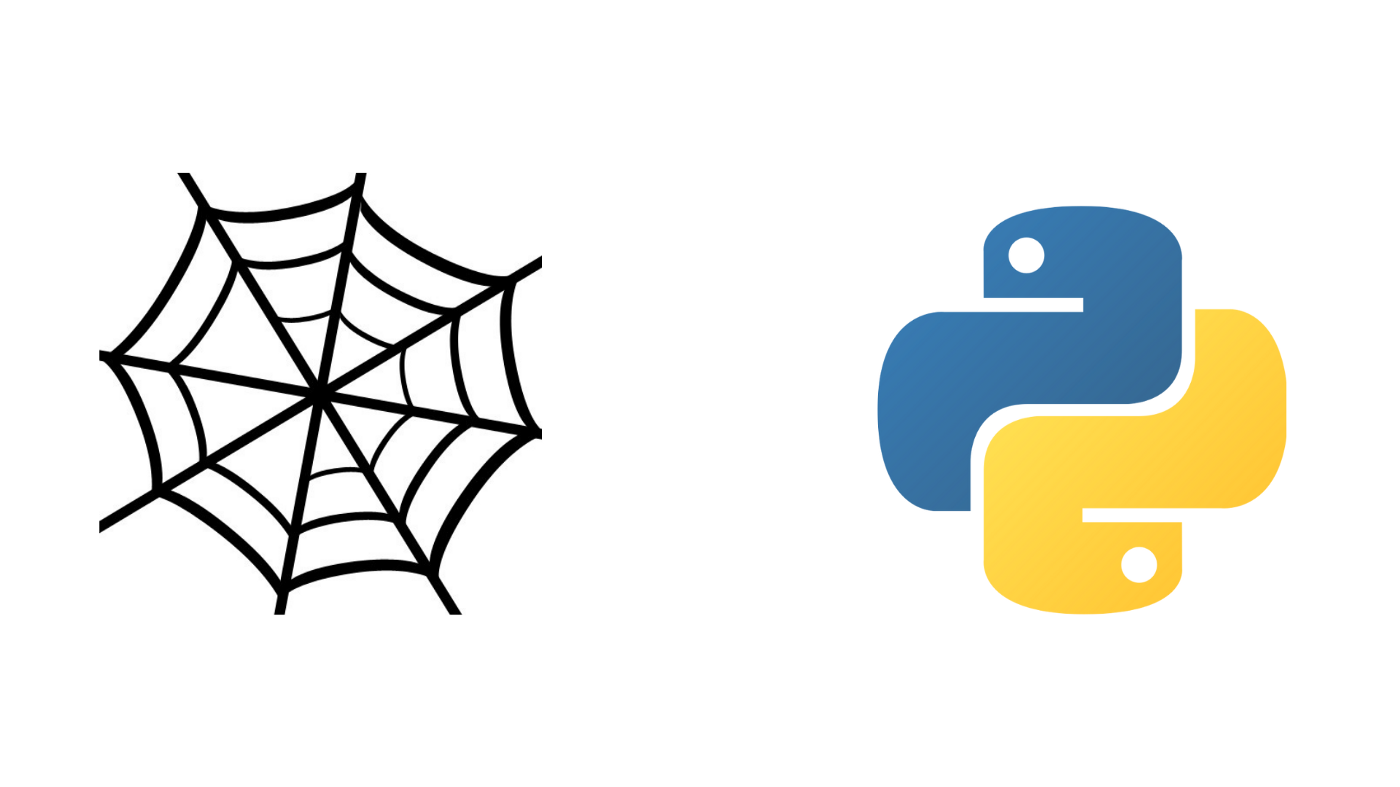If you want to scrape the web in the near future, you must first understand what proxies are, what they are used for, and why they are so vital in web scraping. Consider that managing proxy on your own is a time-consuming operation that can be more difficult than developing the spiders themselves. However, if you remain with us, you will learn more about proxies and how to use them for web scraping.
What is proxy really?
Let’s take it one step at a time. To understand what a proxy is, you must first grasp what an IP address is and what it is used for. It is, as the name implies, a unique address assigned to any device that connects to an Internet Protocol network such as the Internet.123.123.123.123 is an example of an IP address. Each integer can have a value between 0 and 255, therefore it can range from 0.0.0.0 to 255.255.255.255. These numbers may appear to be random, but they are not since they are produced mathematically and assigned by the Internet Assigned Numbers Authority (IANA).
Consider a proxy to be an intermediary connection point between you and the online website you are visiting or the website scraper you are planning on using, making your regular web browsing more safe and private. How does it function? The queries you submit will, however, view the proxies’ IP addresses rather than your own. As technology progresses and everyone has at least one device, the globe swiftly ran out of IPv4 addresses and is now migrating to IPv6 standards. Despite these changes, the proxy industry continues to use the IPv4 standard.
Why is a proxy pool required for website scraping?
Now that we understand what proxies are, we can learn how to use them during web scraping. Scraping the web with a single proxy is wasteful since it restricts your geotargeting choices and the number of concurrent queries. If the proxy is banned, you will be unable to scrape the same page again. Not all requests, however, have a pleasant ending. A proxy pool handles a group of proxies, and its size might vary depending on the following factors:
- Do you use a data center, residential, or mobile IP address? Don’t worry if you’re unsure which to choose. We’ll go through proxy types in greater depth later.
- What types of websites are you looking for? Anti-bot measures are common on larger websites, so you’ll need a larger proxy pool to combat this.
- How many requests do you make? A bigger proxy pool is necessary if you wish to submit requests in bulk.
- What features would you want to see in your proxy management system? Rotation of proxies, delays, geolocation, and so forth.
- Do you want proxies that are public, shared, or private? The success of your findings is dependent on the quality of your proxy pool and your safety, as public proxies are frequently infected with viruses.
While administration features are necessary for software that employs proxies, the kind, and quality of those IPs are as critical. When choosing an API for the work, the first thing to consider is the type of proxies you’ll have access to.
What type of proxies are you looking for?
- Datacenter IPs
These IPs, as the name implies, come from cloud servers and typically have the same subnet block range as the data center, making them simpler to discover by the websites you’re scraping. It should be noted that datacenter IP addresses are not associated with an Internet Service Provider, or ISP for short.
- These are the IP addresses of a person’s private network. As a result, purchasing them may be more complex and hence more expensive than acquiring datacenter IPs. Working using residential proxies may generate legal concerns because you are using another person’s network for site scraping or anything else. Datacenter IPs can achieve the same effects, are less expensive, and do not infringe on anyone’s property, but they may have difficulty accessing geo-restricted material.
- These proxies are considerably more difficult to get and hence more costly. Unless you need to scrape results only for mobile visitors, employing Mobile IPs is not suggested. They’re much more troublesome when it comes to the agreement of the device’s owner because they’re not always entirely aware that you’re scanning the web using their GSM network.
